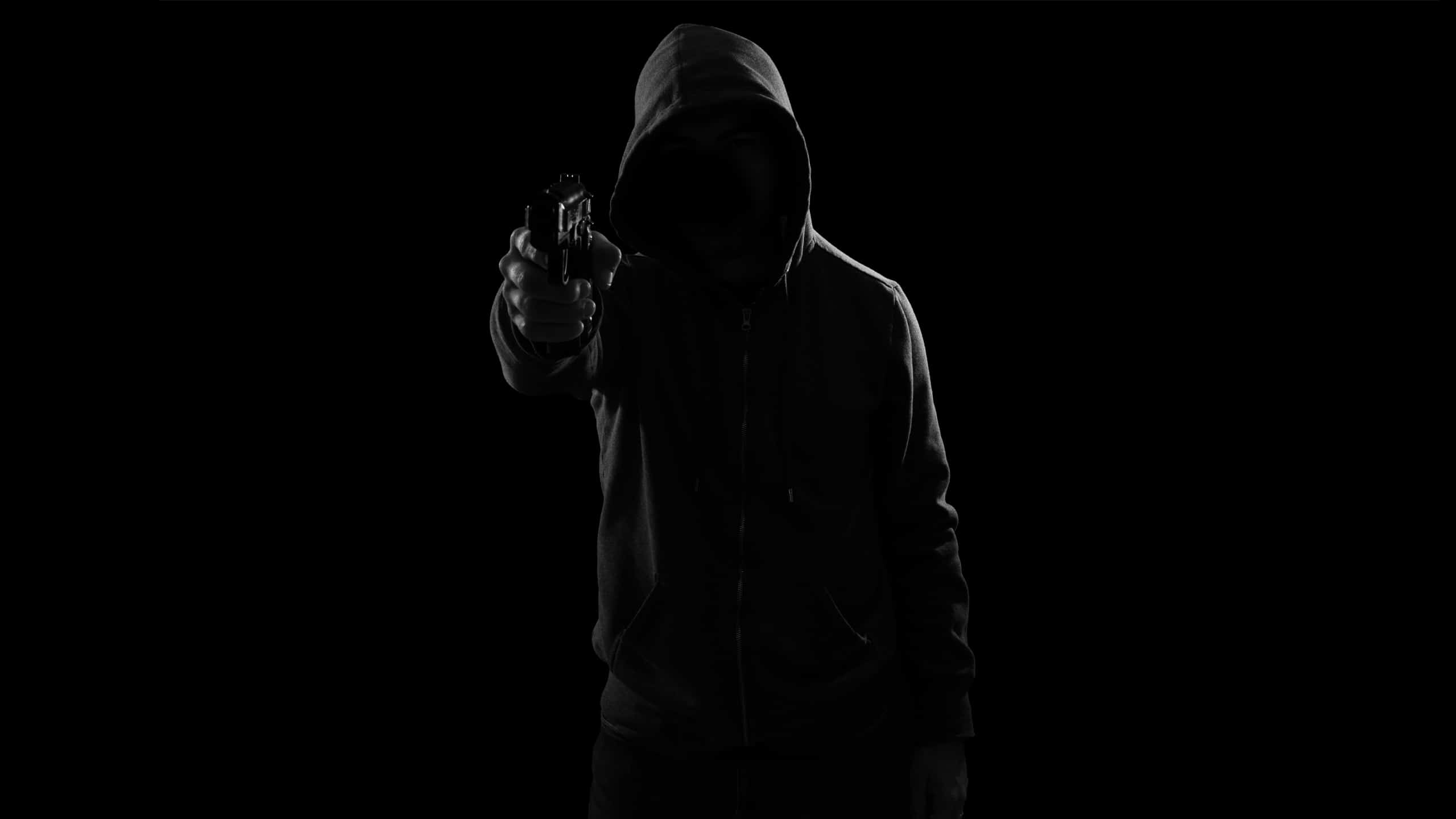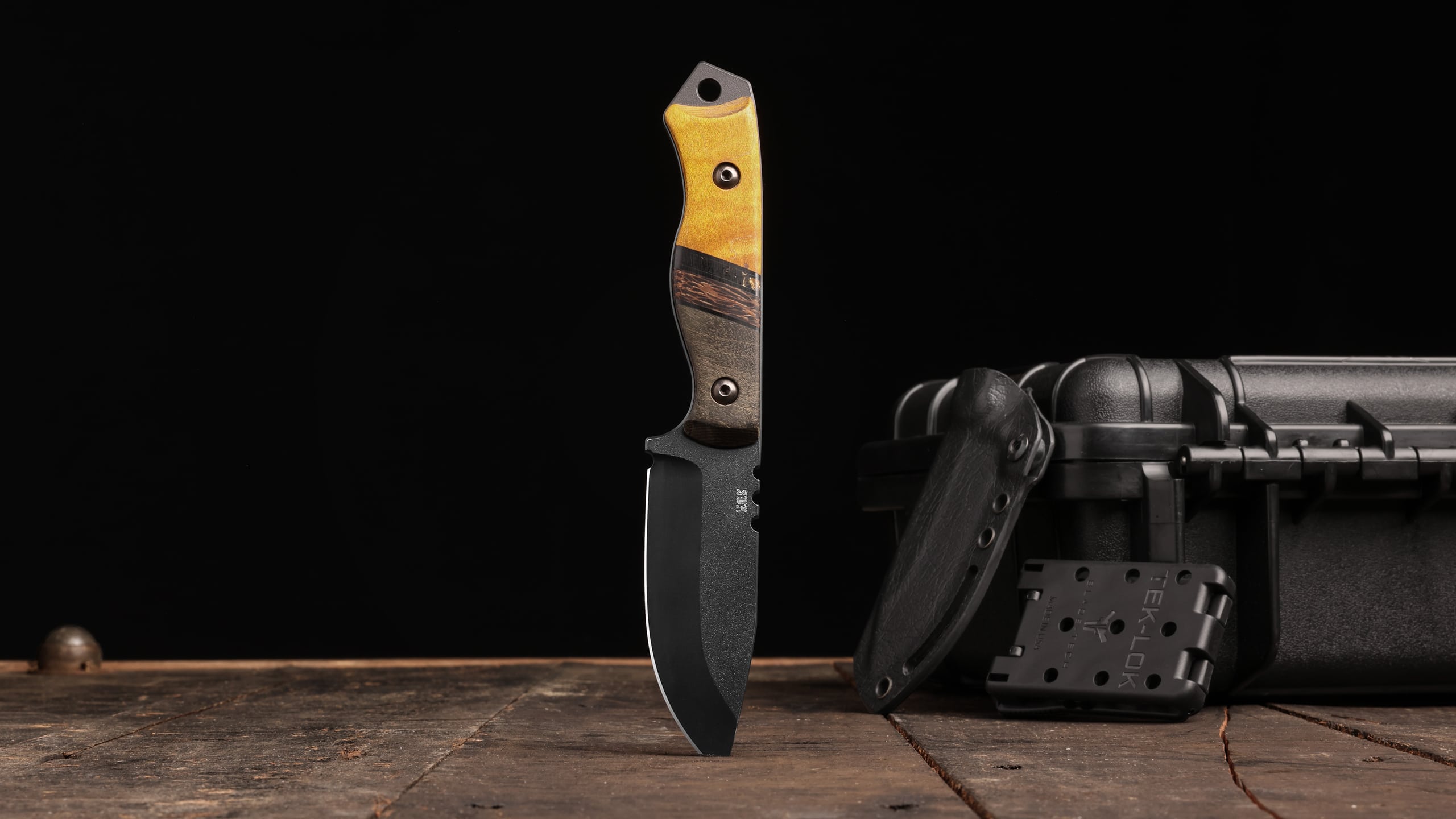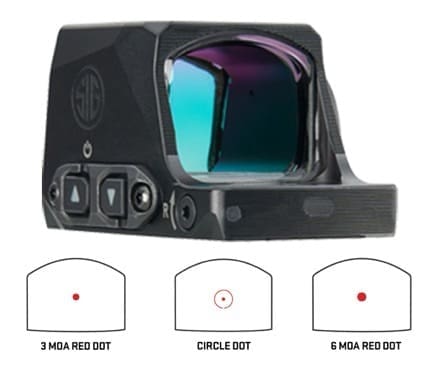It’s important to note that Michigan law prohibits individuals from openly carrying a firearm in certain designated areas, such as schools, daycare centers, sports arenas, and hospitals. Understanding these restricted areas is crucial to avoid violating the law and facing legal repercussions.
Age and Residency Requirements for Gun Ownership
In Michigan, one must be at least 18 years old to purchase a long gun and 21 years old to purchase a handgun. Additionally, residents of Michigan must provide proof of residency when purchasing a firearm.
Furthermore, individuals with certain criminal convictions or mental health histories may be prohibited from owning or possessing firearms under Michigan law. It is important to be aware of these restrictions and requirements to ensure compliance with state regulations.
The Process of Purchasing a Gun in Michigan
Required Documentation for Gun Purchase
When purchasing a firearm from a licensed dealer in Michigan, you are required to provide certain documentation. This includes a valid identification document, such as a driver’s license or state-issued ID card, and a background check form. The background check form collects information necessary to complete a background check, ensuring that the purchaser is eligible to possess a firearm under Michigan law.
Background Checks and Waiting Periods
Michigan law requires a background check for all firearm purchases, regardless of whether the transaction occurs through a licensed dealer or a private seller. The purpose of the background check is to verify that the purchaser does not fall into any prohibited categories, such as being a convicted felon or suffering from mental health issues. There is no mandatory waiting period for gun purchases in Michigan once the background check is completed.
Purchasing from a Private Seller vs. a Licensed Dealer
When purchasing a firearm in Michigan, you have the option of buying from a licensed dealer or a private seller. Licensed dealers are required to conduct background checks and keep records of the transactions, ensuring a higher level of accountability. In the past, private sales did not require a background check or documentation. However, with new laws that took effect in February 2024, potential firearm purchasers must now obtain a purchasing license from the police department up to 30 days before making the purchase. It is crucial to exercise caution when buying from a private seller, as they may not be aware of or follow the proper legal procedures.
Now, let’s delve deeper into the background check process. The background check is conducted by the Michigan State Police, who access various databases to determine the eligibility of the purchaser. These databases include criminal records, mental health records, and other relevant information. The purpose of this thorough investigation is to ensure that firearms do not end up in the wrong hands.
It is important to note that Michigan law prohibits certain individuals from owning firearms. These include individuals with restraining orders, individuals convicted of domestic violence offenses, and individuals with certain drug-related convictions. By implementing these restrictions, the state aims to prevent potential harm and maintain a safe environment for its residents.
Carrying Firearms in Michigan
Michigan is known for its unique laws regarding the carrying of firearms, offering both open carry and concealed carry options for individuals who meet the necessary requirements. Understanding the regulations surrounding the possession and transportation of firearms in the state is crucial for responsible gun owners.
Open Carry Laws in Michigan
Michigan is classified as an open carry state, granting individuals with a concealed pistol license the option to openly carry their firearm in public spaces. While this right is upheld in many scenarios, it’s important to note that there are exceptions to where open carry is permitted. Certain locations, such as schools, daycare centers, and hospitals, have restrictions against open carry. Moreover, private establishments reserve the right to prohibit individuals from carrying firearms on their premises, so it’s essential to be aware of these limitations.
Concealed Carry Laws in Michigan
Individuals seeking to carry a concealed weapon in Michigan must obtain a Concealed Pistol License (CPL). The process of obtaining a CPL involves meeting specific criteria, including being at least 21 years old, completing mandatory training, and demonstrating good moral character. Prospective CPL holders should thoroughly educate themselves on the requirements and limitations associated with carrying a concealed firearm in Michigan to ensure compliance with the law.
Transporting Firearms: What You Need to Know
When it comes to transporting firearms in Michigan, adherence to established guidelines is crucial to avoid legal complications. To transport firearms safely and lawfully, they must be unloaded and secured in a case designed for firearm storage and transportation. Furthermore, it is imperative to store ammunition separately from firearms during transit to maintain safety and compliance with Michigan’s firearm transportation regulations.
Prohibited Persons and Firearm Restrictions
Read the full article here







Leave a Reply